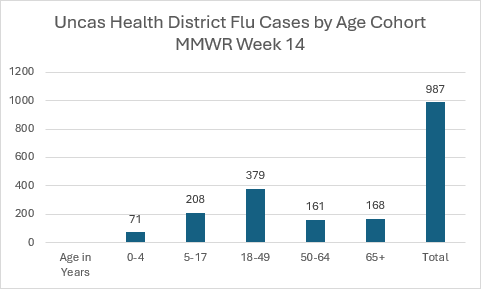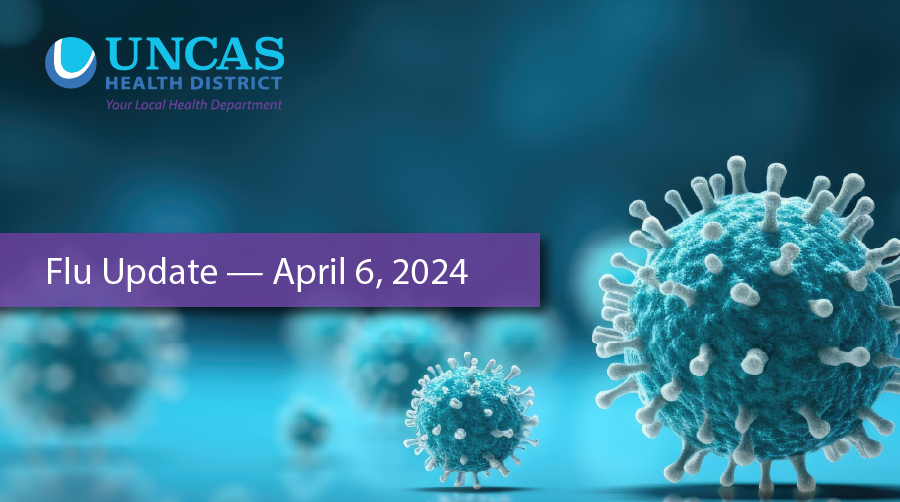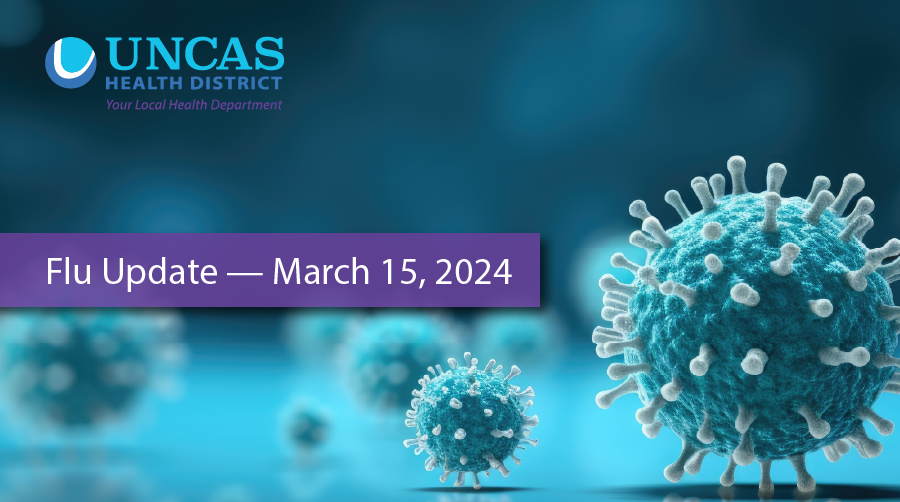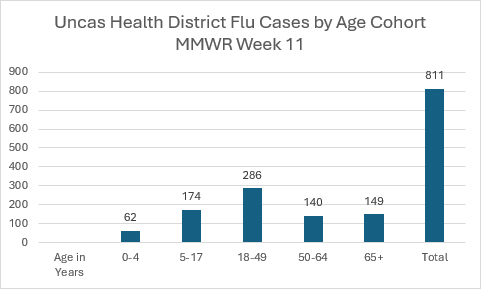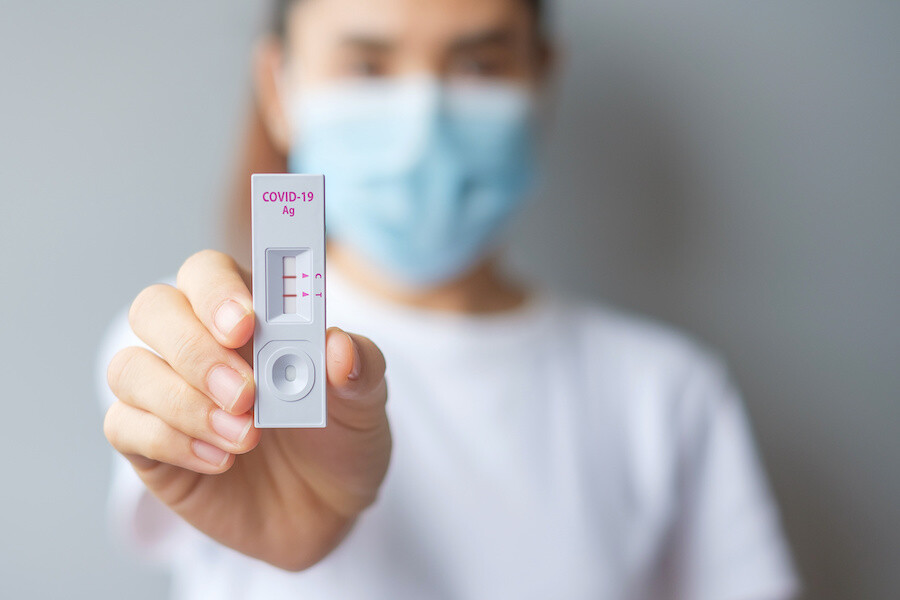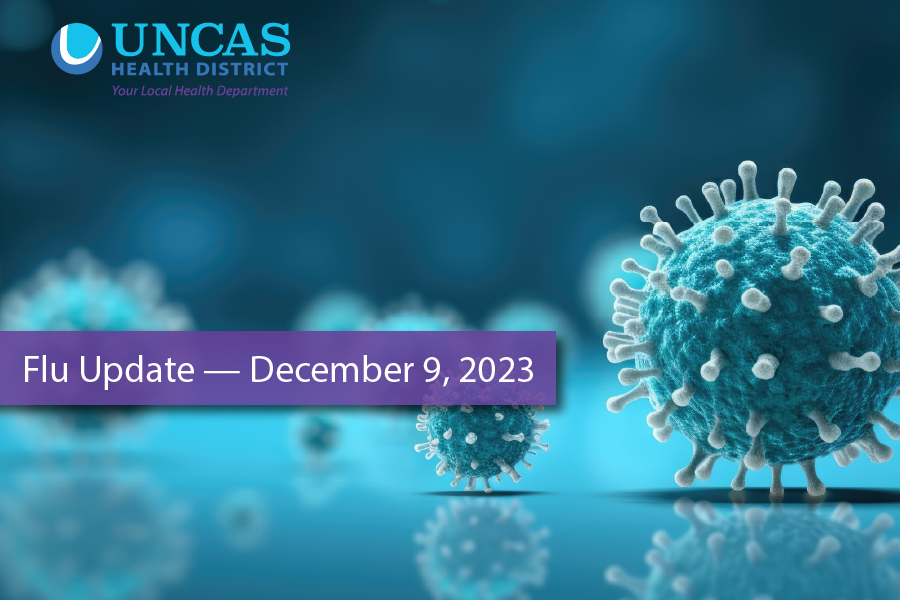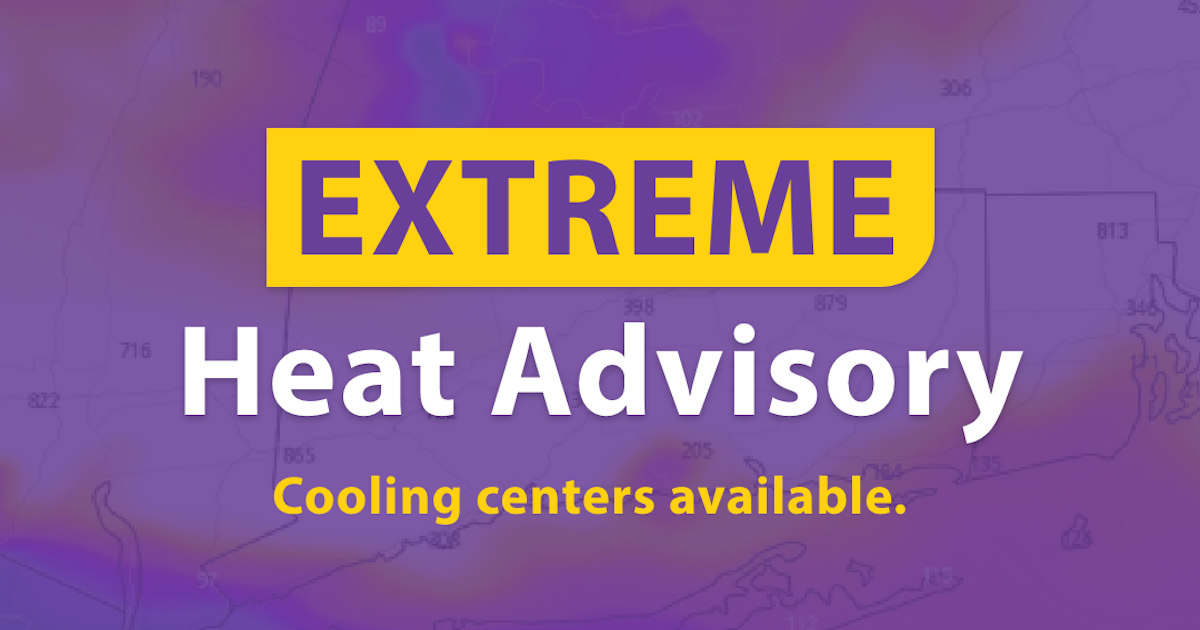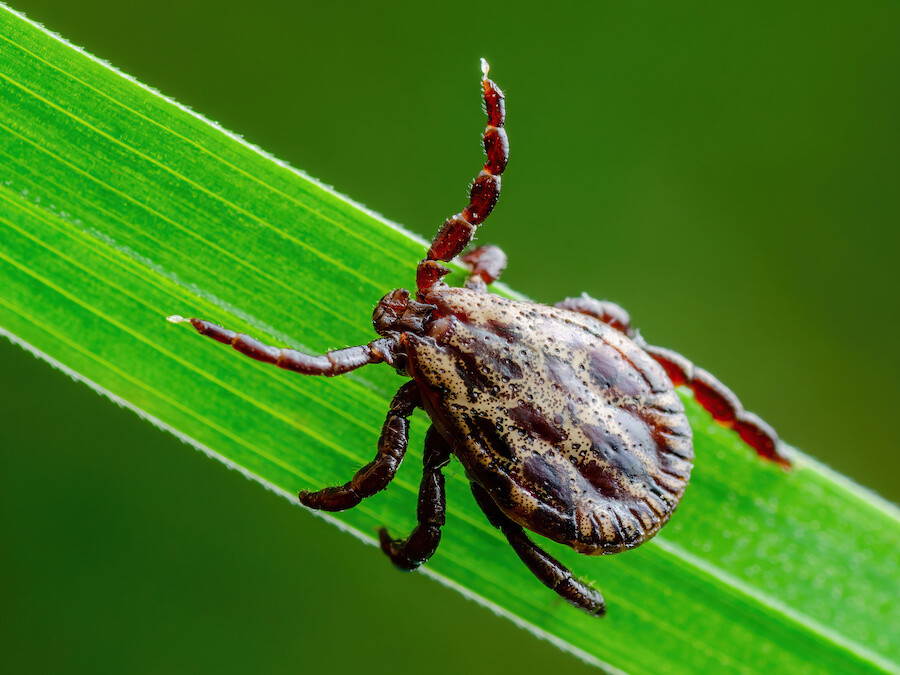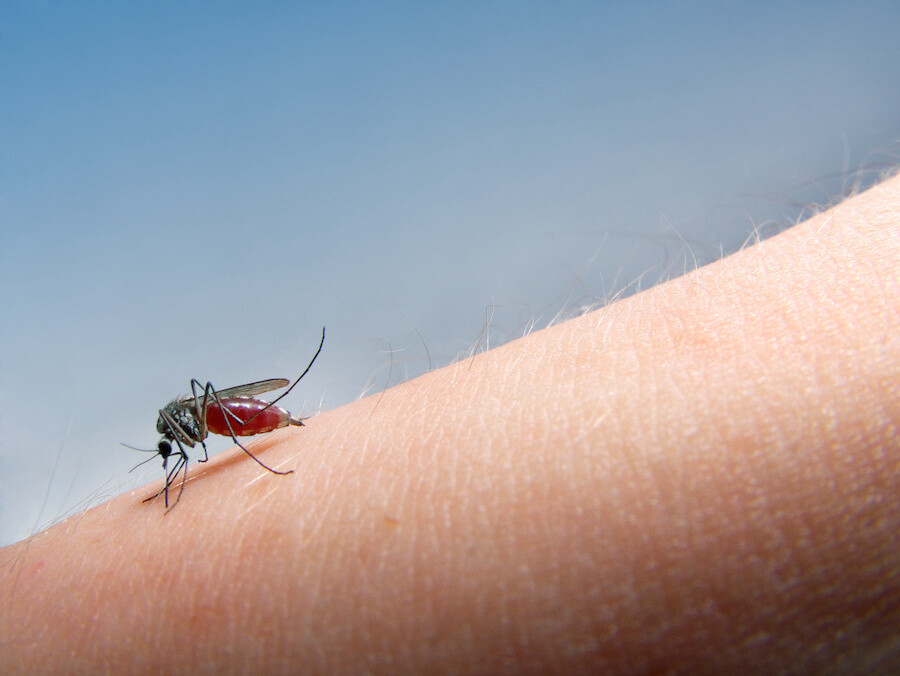The Connecticut Department of Public Health (DPH) this week announced that four Connecticut residents have tested positive for Powassan virus (POWV) infection. These four cases of POWV associated illness are the first to be identified in Connecticut in 2023. During 2016–2022, 19 cases of POWV associated illness were reported in Connecticut, including six in 2022; two of the infections were fatal last year.
Two male patients aged 60 years and older, residents of Middlesex County and Litchfield County, became ill during early July. Two female patients aged 50 years and older, residents of Windham and Litchfield County, became ill during late July. Laboratory tests performed at the Centers for Disease Control and Prevention (CDC) Laboratory in Ft. Collins, CO, confirmed the presence of antibodies to POWV for all patients. All patients reported a known tick bite and were hospitalized with a central nervous system disease. They have been discharged and are recovering.
“The identification of four Connecticut residents with Powassan virus-associated illness emphasizes the importance of taking actions to protect yourself from tick bites from now through the late fall,”; said DPH Commissioner Manisha Juthani, MD. “Using insect repellent, avoiding areas where ticks are likely, and checking carefully for ticks after being outside can reduce the chance of you or your children being infected with this virus.”
According to Goudarz Molaei, PhD, MSc, a chief scientist who also directs the Connecticut Tick and Tick-borne Pathogen Surveillance Program at the Agricultural Experiment Station, “In recent years we have been receiving a higher than usual number of ticks, and this year so far, the laboratory has received 4,616 tick submissions, including 3,089 blacklegged ticks, from state residents directly or through health departments and physicians’ offices, in comparison to 1,889 blacklegged ticks in 2022.”
“The persistent and expanding threat posed by blacklegged ticks, coupled with ongoing range expansion and establishment in new areas of invasive ticks, the Asian long horned tick, the Gulf Coast tick, and the lone star tick, and the confirmation of four Powassan virus disease cases in Connecticut residents, highlights the increasing public health challenges associated with ticks and tick-borne diseases.” said Dr. Molaei.
Powassan virus is spread to people through the bite of an infected blacklegged, or deer tick. It takes from one week to one month after the bite of an infected tick to develop symptoms of POWV disease, and the virus can be transmitted in as little as 15 minutes after the tick first attaches. Powassan virus associated illness has been reported from early spring until late fall.
While most people infected with POWV likely experience no symptoms or a mild flu-like illness, some people will develop severe illness affecting the central nervous system. About one out of 10 cases of severe illness are fatal and approximately half of survivors experience long-term health problems. Severe cases may begin with fever, vomiting, headache, or weakness and rapidly progress to confusion, loss of coordination, difficulty speaking, or seizures. There is no vaccine nor a specific treatment for POWV associated illness. Severe illness is treated by supportive therapy which may include hospitalization, respiratory support, and hydration.
Tips for preventing tick bites
- Avoid areas where ticks are likely to be, such as in in grassy, brushy, or wooded areas. Ticks are active from
spring to fall and may also be active on warmer days during winter.
- Consider the use of CDC-recommended mosquito/tick repellents, containing DEET, picaridin, oil of lemon
eucalyptus, IR3535, or 2-undecanone, and apply according to directions, when outdoors. However, repellents
containing >30% DEET have been reported to be the most effective.
- Check yourself, your children, and your pet animals for ticks immediately after coming indoors. Showering
within two hours of coming indoors may be effective in reducing the risk of tick-borne disease.
- Examine clothing and gear carefully after coming indoors. Tumble dry clothing in a dryer on high heat for at
least 10 minutes to kill ticks that were carried inside.
- Talk to your veterinarian about the best tick prevention products for your dog.
- Consider treating items such as boots, clothing, and hiking or camping gear with products containing 0.5
percent permethrin.
For information on Powassan virus and how to prevent tick bites, visit https://www.cdc.gov/powassan/index.html
Find more tips on tick removal and testing here.
